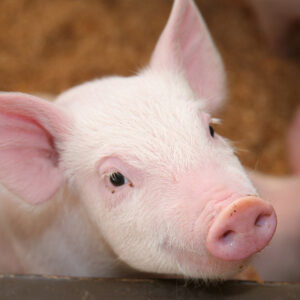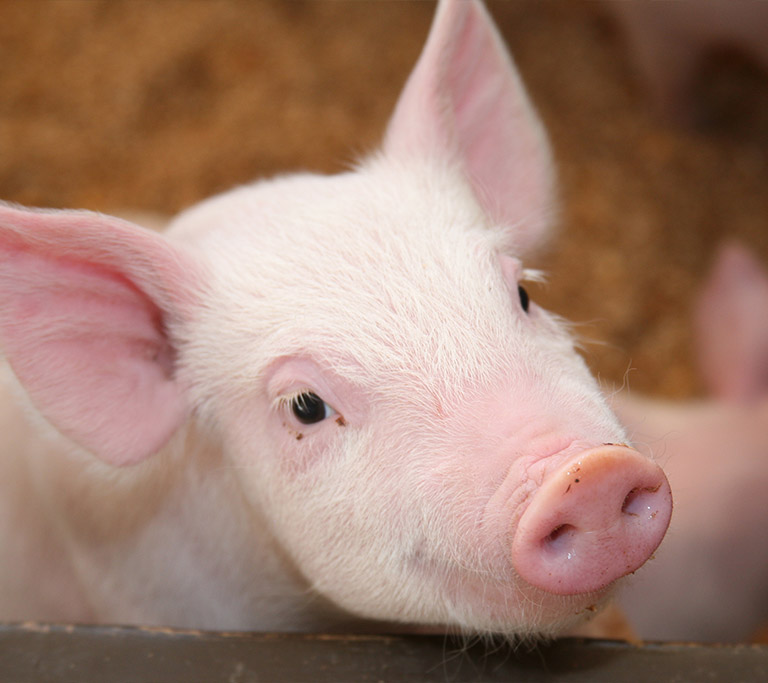


IFP
MDCP (Monodicalcium phosphate) and MCP (Monocalcium phosphate) are commonly used phosphorus sources in pig diets. They offer several benefits when included in pig nutrition. Here’s an overview of the benefits of using MDCP and MCP in pig diets:
- Phosphorus supplementation: MDCP and MCP serve as sources of supplemental phosphorus in pig diets. Phosphorus is essential for various physiological processes, including bone development, energy metabolism, and cellular function. Including MDCP or MCP in pig diets ensure that pigs receive adequate phosphorus levels, supporting their overall health and performance.
- Bone development and mineralization: Phosphorus is a key component of bone mineralization, and its availability is crucial for proper skeletal development in pigs. Adequate levels of phosphorus, provided through MDCP or MCP supplementation, support bone mineralization, ensuring strong skeletal structure and optimal growth.
- Energy metabolism and nutrient utilization: Phosphorus is involved in energy metabolism and plays a role in various enzymatic reactions related to nutrient utilization. It helps convert food into energy and supports the utilization of other essential nutrients, such as proteins and carbohydrates. Proper phosphorus levels, achieved through MDCP or MCP supplementation, contribute to efficient energy metabolism and nutrient utilization in pigs.
- Reproductive performance: Phosphorus is vital for reproductive performance in pigs. It is involved in developing and maintaining reproductive tissues, including synthesizing DNA and RNA. Adequate phosphorus levels, provided through MDCP or MCP supplementation, support sows’ optimal reproductive function, fertility, and litter size.
- Feed formulation flexibility: MDCP and MCP provide flexibility in diet formulation. They serve as concentrated sources of phosphorus, allowing nutritionists to meet the pig’s phosphorus requirements accurately. This helps optimize diet formulation and improve overall nutrient balance, supporting pig performance.
It’s important to note that the inclusion level of MDCP and MCP in pig diets should be based on factors such as the pig’s age, growth stage, and specific phosphorus requirements. Careful consideration should be given to the overall diet formulation to achieve the optimal balance of phosphorus and other essential nutrients. MDCP and MCP in pig diets supports phosphorus supplementation, bone development, energy metabolism, nutrient utilization, reproductive performance, and feed formulation flexibility. They are valuable phosphorus sources that contribute to overall pig health, growth, and performance.




